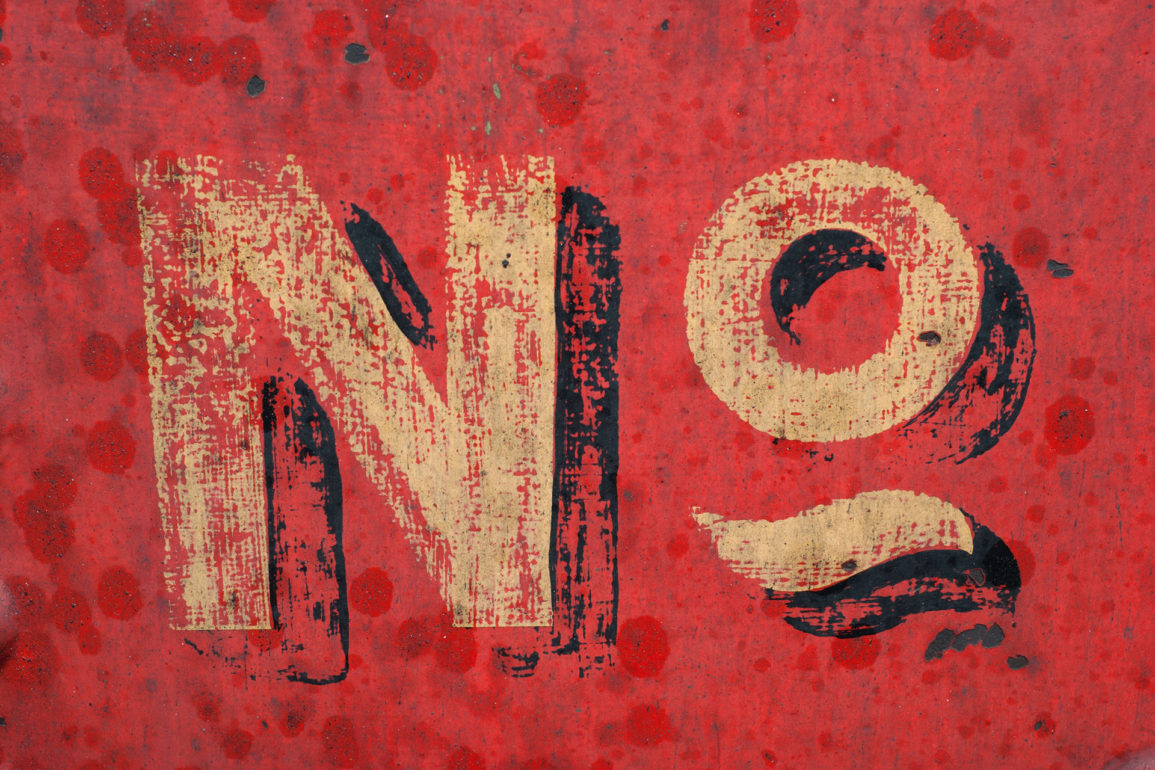Every quarter, my team and I like to assess things in our business. We take a hard honest look at what’s working, what’s not working and what is missing that if it existed would make a positive difference. It’s what my business coach Charrise McCrorey calls a reality check.
Understand, this is not always a pleasant process and it can often be uncomfortable. During my career I have found that some of the most uncomfortable situations have proven to be the most profitable once appropriately addressed and have often been the impetus behind a surge in growth.
This past evaluation proved to be nothing short of an eye-opener when we discovered that I had fallen back into an old habit of saying yes to everything. As a result, I was feeling resentful and angry and was not creating new options for clients in my business. I had allowed my focus to shift from clients’ desires to the everyday things that bogged me down as a business owner. It was the combination of these things that was getting in the way of what we really wanted at our own firm.
In his book The Power of a Positive No, author William Ury states: “A Positive No begins with Yes and ends with Yes,” he says, because it defines the nay-sayer’s self-interests and paves the way for a continued relationship. Ury delineates this “Yes! No. Yes?” pattern recursively, so that each step is itself another three-part process. He even throws in a few literary precedents, citing Herman Melville’s Bartleby the Scrivener, whose repetition of the phrase “I would prefer not to” is cited as a “simple and admirable” method of polite refusal. Some of the greatest people changed the course of history by this simple two letter word: Rosa Parks, Nelson Mandela and Mahatma Gandhi, to name a few.
The difficulty in saying no stems from the F word I talked about in my last article: fear. We are afraid to disappoint, we are afraid to offend, we are afraid of the outcome if we say No to someone.
But believe it or not, learning how to say No could lead to increased sales, better customer service and stronger prospecting. My team and I realized that no is not something to fear. In fact, we all came to the consensus that if we were not going to get a yes then we would much rather hear a no than any other answer a prospect could give us.
Here are four ways to get comfortable with No.
1.) Recite your No’s
People are afraid of no because they don’t articulate the word. I heard Steve Chandler say during a podcast that he recites the word no 100 times every day. I’ve tried it in the car by myself and the act of literally saying No has made it come a lot easier to me. You know what they say: Practice makes perfect!
2.) Collect your No’s
The word no is just information, not good or bad. My business coach sets a goal for me every day. I cannot get up from my desk without getting five No’s from people. They have to be a clear no. This practice has gotten me comfortable with the word. It has no meaning; it is not a rejection of me. It’s just an exchange of information.
3.) Say No to Busy.
In today’s society, people are required to do more with less. We keep hearing how busy, busy, busy everyone is. Busyness is laziness. When I first heard this concept in Steve Chandler’s Mindshift, I was floored. It’s counterintuitive. When we think of being busy we think we are making progress being engaged with the world. We’re getting a lot accomplished. Right? Wrong! When we are busy, it is a sign that we can’t say no to anything and we are not in control of our lives.
4.) Yes lives in the Land of No.
The more no’s you get, the closer you are to getting a yes. Compare it to a coin. You cannot have heads without tails so it stands to reason that you cannot have a yes without a no. The only way you are going to find a yes is if you get a lot of no’s on the way. Yes and no are both perfectly acceptable answers. “I’ll think it over,” is not. It leaves you and the prospect in limbo. Perhaps it feels impolite to say no. However, I believe it is worse to be in limbo straddling the fence. I would much rather have a prospect say no to me than waste my time and theirs by being polite.
So there’s the power; now you “No”.

